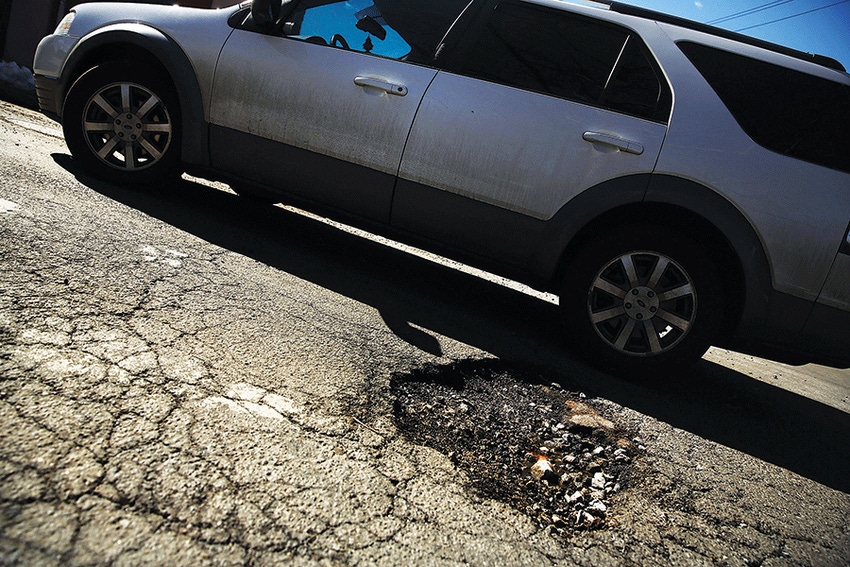
They are discouraging, and in some cases scary, the numbers that Scott Waller quotes: Almost 4,000 state and local bridges in Mississippi deficient in some fashion; over 24,000 lane miles of roadways now in need of repairs.
And those numbers grow daily as the strapped-for-funds Mississippi Department of Transportation falls farther behind in maintenance and repairs.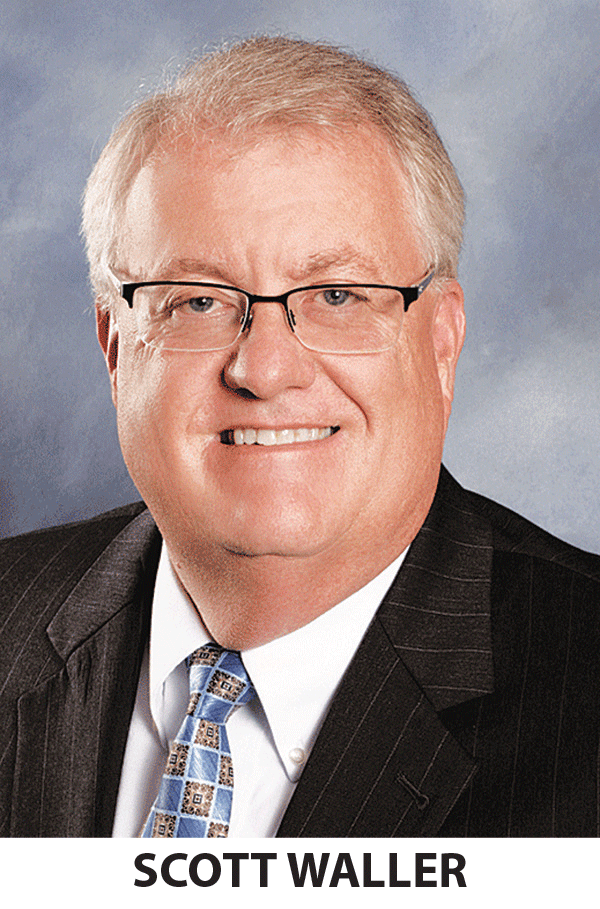
“We have vast needs with our surface transportation infrastructure, and if we don’t begin to address the problem quickly, things are only going to get worse,” Waller, who is interim president and CEO of the Mississippi Economic Council, said at the recent Mississippi Farm Bureau Federation Summer Commodity Conference at Mississippi State University.
“Of the 4,000 deficient bridges, more than 2,000 are posted, meaning they cannot carry the weight for which they were originally designed. If you can’t move your crops, livestock, and machinery because a bridge can’t support the weight, and you have to find a different way to go, it costs you time and money. Two-thirds of all bridges in the state are at the local level, which gives a picture of just how big an impact it has on all of you who operate agricultural businesses.”
All this pushes up the cost of doing business, Waller says. “It reduces your access to labor, particularly when you’re trying to get people into fields or factories. It increases freight costs and lost time in moving goods in or out. A good example is what happened in the Mississippi Delta when about a dozen bridges on Highway 6 between Clarksdale and Batesville were weight limit-posted and in desperate need of repair. In many cases, farmers were forced to take detours in transporting their crops, or in some cases instead of going to the port at Rosedale they had to go to Memphis, which had yet another economic impact.” [Many of the bridges on that section of Highway 6 are now in the process of being replaced.]
DETERIORATION, DANGER, DETOURS
While deterioration of bridges often may not be apparent, motorists on the state’s highways are daily aware of the lack of repairs, and even basic maintenance, Waller says. “Everywhere you drive — whether county roads or state roads — you deal with potholes and deteriorating pavement. It’s not just small two-lane roads; many miles of our multi-lane highways are in need of repairs.”
More than 13,000 of the 24,000 miles identified as needing work are local roads that are in very poor condition, he says. “All 82 of the state’s counties are affected. In addition to the business and personal travel aspects of this, consider that we have school buses full of children, church buses, etc., traveling on these roads and exposed to potential danger — there are cases of bridges collapsing in our state. Beyond the immediate danger, it can take a long time to replace a bridge, forcing people to make often long, time-consuming detours for school, shopping, or moving crops.
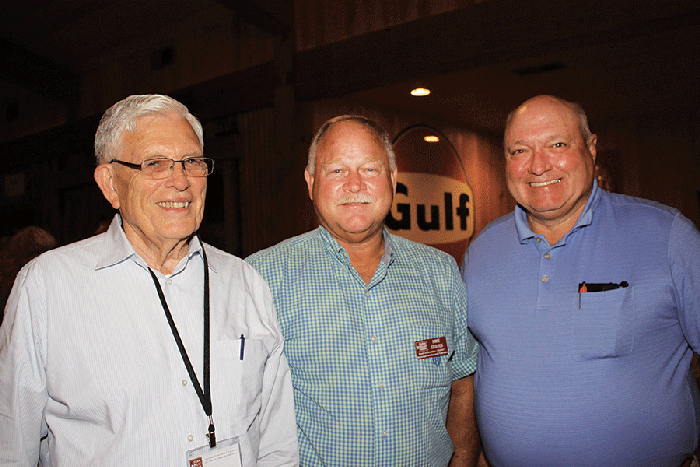
Larry Brewer, from left, retired Mississippi Farm Bureau Federation field representative at Starkville; Noxubee County, Miss., producer Joe Huerkamp; and MFBF field representative Terry Norwood, Etta, were among those attending the organization's Summer Commodity Conference at Mississippi State University.
“If we fail to do anything, costs are going to continue to increase for almost everything we do. Consumers will pay more for commuting and personal travel, and costs of goods and services will be higher.”
Three years ago, Waller says, the Mississippi Economic Council began an analysis of “what the state was facing from an infrastructure and transportation standpoint, focusing primarily on roads and bridges at state and local levels. The study itself lasted almost a year and a half. We released it late December 2015, and since then have been talking to groups and conducting a public awareness campaign about needs to be done.
“This issue impacts every single Mississippian in some fashion. We are a rural state, and we depend heavily on our road and bridge system to get us where we need to go to do what we need to do. Every business relies on the road surface transportation system, whether it’s moving products to their location or from their location. Transportation is a part of almost every economic transaction that takes place in Mississippi. Making an investment to improve our infrastructure will make a big difference.”
INVESTMENT WILL RETURN JOBS, BENEFITS
In addition to the MEC analysis, Waller says, there has been independent research by the University of Southern Mississippi’s Logistics, Trade, and Transportation Division, looking at the condition of roadways, and by the John C. Stennis Institute at Mississippi State University to determine options for boosting revenues.
“This research shows, first off, that making an investment in our transportation infrastructure will mean instantaneous jobs. Our MEC recommendation is to put an additional $375 million annually into transportation needs at state and local levels. This would result in an immediate 4,000 new jobs in the construction industry, and as the program was implemented over the succeeding two years there would be jobs growth in every single sector of the state’s economy. This truly would be an investment that puts people to work and grows the economy — it would have a positive impact on each of our wallets.”
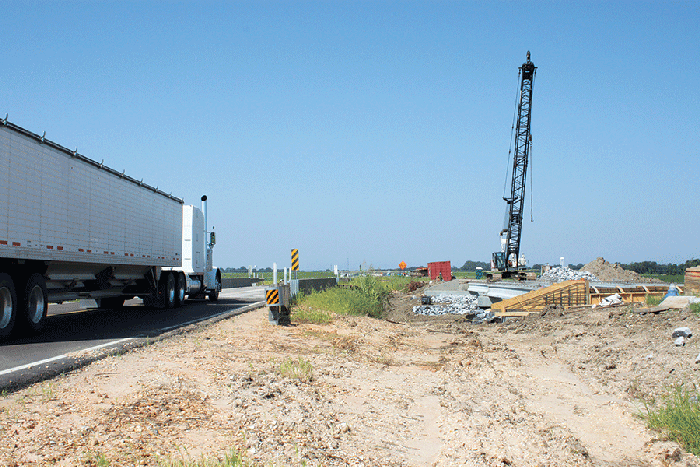
Several bridges on Miss. Hwy. 6 between Clarksdale and Batesville, Miss., a route heavily traveled by farm trucks going to ports/elevators, have been weight-limited due to age/structural deficiencies, often forcing trucks to take time-consuming alternate routes. Eleven new bridges are now under construction, with repairs/upgrades on two more.
The $375 million annually would reduce vehicle operating costs by almost $530 per person in fewer flat tires, fewer broken windshields and other vehicle repairs, and accidents, Waller says. Conversely, “Failure to do anything will only cost us even more money. Over time, each person could expect to see an additional $640 in yearly vehicle operating costs.
The average cost of fully funding this program, if every single penny came from new revenue, would be about $2 a week. For that $2 investment, the return would be $10.20.”
While varied options for funding an improvements program have been presented to Mississippi’s governor and legislature, among the most discussed is an increase in the per gallon fuel tax. “To fully fund the program, it would probably take an increase of about a 12 cents per gallon,” he says. “The MEC hasn’t favored any specific option; it’s up to them to decide.”
NO FUEL TAX INCREASE IN 30 YEARS
Mississippi’s fuel tax hasn’t been increased since 1987 when a statewide four-lane highway expansion program was passed. “Over the past 30 years, the increase in dollars generated by the fuel tax has grown by only 1.6 percent,” Waller notes. In the same time, vehicle miles driven annually have increased substantially and vehicle fuel economy has improved significantly. Inflation has grown by 115 percent and road/bridge construction costs have skyrocketed by 220 percent.
“Our dollars at the state level just aren’t keeping up with the needs,” he says. “Based on the dollars they get, MDOT is doing a good job. But there just isn’t enough, and if we’re not careful we may get left behind if we don’t take steps to correct this situation in the very near future.”
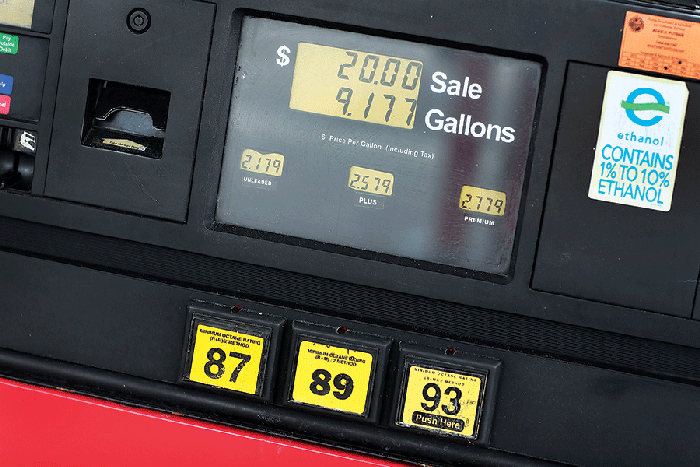
“Over the past 30 years, the increase in dollars generated by the fuel tax in Mississippi has grown by only 1.6 percent,” says Scott Waller. "In the same time, vehicle miles driven annually have increased substantially and vehicle fuel economy has improved significantly. Inflation has grown by 115 percent and road/bridge construction costs have skyrocketed by 220 percent."
The MEC public awareness campaign is aimed at “letting people know the facts of the situation, giving them the information they need to hopefully encourage our state leaders and legislators to look at this issue seriously and try to achieve a solution that will put more dollars into improving our transportation system.” The campaign includes print/radio/TV, a website (MSroadsmatter.com), a social media presence, and a grassroots activism program.
“We’ve been pleased at the support from the public,” Waller says, “and encouraged that our governor, lieutenant governor, speaker, and many legislators have acknowledged that this is a serious issue and that we have to find a solution. The reality is that if we fail to make a meaningful investment in upgrading our transportation infrastructure, we are only going to pay more in the long run.
“Our citizens deserve a safe, reliable transportation system. What we have proposed is a common sense solution that creates opportunities — a way to have a transportation system that will create jobs and put people to work. We have to continue to push for it. If we work together and help everyone to understand the need, I think we will make a difference.”
About the Author(s)
You May Also Like




